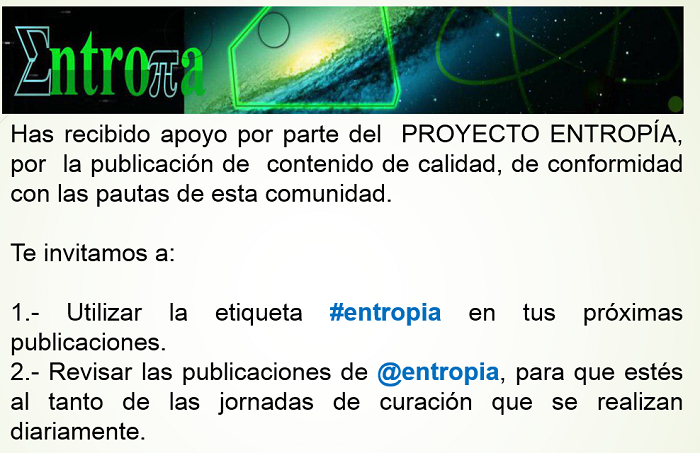La justicia emocional es un deseo natural, y está en la base de muchas relaciones interpersonales. Sin embargo, el despecho puede llevar a que este deseo se enfoque de manera equivocada, y esto puede tener consecuencias negativas para la persona y para la relación.
El despecho es una mezcla de ira y dolor, y se produce cuando experimentamos una percepción de injusticia. Esto puede ser causado por una experiencia real de injusticia, o por una percepción errónea de que se está cometiendo una injusticia. De cualquier forma, el resultado es el mismo: un sentimiento intenso de frustración e impotencia.
Es natural querer buscar justicia cuando nos sentimos despechados, pero este deseo puede enfocarse de manera negativa, especialmente si no estamos conscientes de nuestros propios procesos mentales. Cuando el deseo de justicia se centra en la búsqueda de formas de hacer sufrir a la otra persona, o de recuperar el control de la situación, estamos enfocando el deseo de forma equivocada. Esto es lo que se conoce como justicia retributiva, y es muy diferente de la justicia restaurativa.
El problema de la justicia retributiva.
La justicia retributiva es el tipo de justicia que busca castigar al otro, o al menos, hacer que sufra de alguna forma. Busca vengarse de la otra persona, y generalmente se centra en la idea de que la otra persona "se merece" el castigo. Esto es muy diferente de la justicia restaurativa, que se centra en la idea de que todos tenemos derecho a recibir un trato justo, y que la mejor forma de alcanzar esto es a través de la comunicación y el entendimiento.
Esta puede parecer la forma más "lógica" de buscar justicia cuando nos sentimos despechados, pero en realidad es la forma más ineficaz. No sólo es ineficaz porque no resuelve el problema, sino que también puede empeorar las cosas. El despecho tiene un efecto negativo en nuestras emociones, y cuando actuamos bajo su influencia, estas emociones negativas se magnifican.
Buscar justicia retributiva es ineficaz porque se centra en el pasado. Esto significa que no nos permite ver la situación de forma neutral y objetiva, y nos impide concentrarnos en lo que podemos hacer para mejorar la situación en el presente. En lugar de enfocarnos en lo que podemos hacer para mejorar la situación, nos enfocamos en lo que la otra persona nos ha hecho, y esto nos impide ver la situación de forma más clara. También tiende a exacerbar los conflictos.
Esto se debe a que la justicia retributiva se centra en la búsqueda de una "solución" a través de la violencia y el castigo. Y puede llevar a que las personas involucradas se sientan aún más frustradas e impotentes.
En resumen, el despecho puede llevar a que busquemos justicia de forma equivocada. El deseo de justicia es un deseo natural, pero el despecho puede llevar a que este deseo se enfoque de manera equivocada. Si buscamos justicia de forma equivocada, esto puede tener consecuencias negativas para nosotros mismos y para nuestras relaciones.

Emotional justice is a natural desire, and is at the basis of many interpersonal relationships. However, spite can lead to this desire being focused in the wrong way, and this can have negative consequences for the person and for the relationship.
Spite is a mixture of anger and hurt, and occurs when we experience a perception of injustice. This can be caused by an actual experience of injustice, or by a misperception that an injustice is being done. Either way, the result is the same: an intense feeling of frustration and helplessness.
It is natural to want to seek justice when we are feeling scorned, but this desire can become negatively focused, especially if we are unaware of our own mental processes. When the desire for justice is focused on finding ways to make the other person suffer, or to regain control of the situation, we are focusing the desire in the wrong way. This is what is known as retributive justice, and it is very different from restorative justice.
The problem with retributive justice.
Retributive justice is the kind of justice that seeks to punish the other, or at least, to make the other suffer in some way. It seeks to get back at the other person, and usually centers on the idea that the other person "deserves" the punishment. This is very different from restorative justice, which focuses on the idea that everyone is entitled to be treated fairly, and that the best way to achieve this is through communication and understanding.
This may seem like the most "logical" way to seek justice when we feel we have been wronged, but in reality it is the most ineffective way. Not only is it ineffective because it does not solve the problem, but it can also make things worse. Spite has a negative effect on our emotions, and when we act under its influence, these negative emotions are magnified.
Seeking retributive justice is ineffective because it focuses on the past. This means that it does not allow us to view the situation neutrally and objectively, and it prevents us from focusing on what we can do to improve the situation in the present. Instead of focusing on what we can do to improve the situation, we focus on what the other person has done to us, and this prevents us from seeing the situation more clearly. It also tends to exacerbate conflict.
This is because retributive justice focuses on seeking a "solution" through violence and punishment. And it can lead to the people involved feeling even more frustrated and powerless.
In short, spite can lead us to seek justice in the wrong way. The desire for justice is a natural desire, but spite can lead to this desire being focused in the wrong way. If we seek justice in the wrong way, this can have negative consequences for ourselves and our relationships.
Translated with www.DeepL.com/Translator (free version)

Imagen hecha por @fclore22

